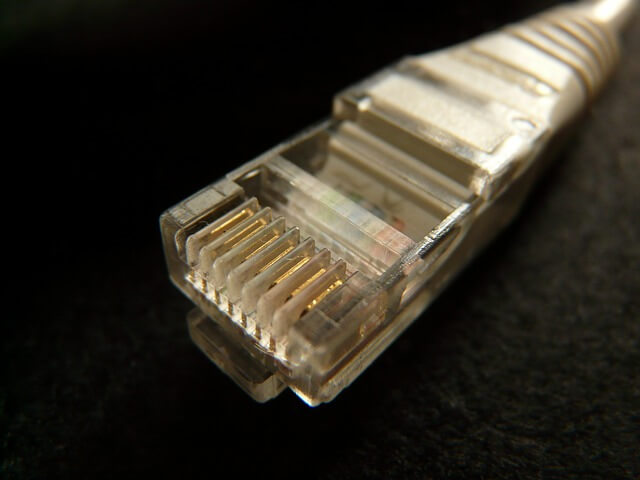With the increasing number of small businesses and requirement of instantaneous data transfer, networking technologies have always been on the rise.
For beginners, networking is simply establishing communication between different computers. Simply the Internet is the most popular computer networking example. It links millions of computers from around the world.
This is what Ethernet is :
Ethernet is one such networking technology which interconnects high or low number of computers. Exactly speaking, Ethernet is a Local Area Network (LAN) type of networking system and the other networking system is the Wide Area Network (WAN).
Ethernet standard being a Local Area Network (LAN) means that it has the ability to connect devices at close proximity say, computers of an entire building.
Ethernet cables could initially only stretch a few hundred meters. Thanks to all those modern advancements for enabling the Ethernet cables to spread across great distances.
This is the Ethernet Hardware:
The main hardware the Ethernet Standard requires is:
1.) Ethernet Cards, or adapters
2.) Ethernet Cables
3.) Ethernet Routers and hubs
Ethernet Cards :
It usually come inbuilt with the computer. These cards connect the Ethernet Cable to the motherboard. Except a few latest trends of computers almost every other computer has one. If absent, you can install the card later without much trouble.
Ethernet Cable :
It is the hardware that helps transmit data within the network. This cable contains several wires internally for the bi-directional transfer of data. The other hardware component is the Router (or hub).
The operation of routers is quite complex. They have the ability to divide a network into logically separate networks. It is like a logical boundary to the network.
The Few Limitations The Ethernet Suffers:
As already mentioned, the Ethernet is a Local Area Network (LAN) and the main reason for this is data travels in form of electrical signals within the signal. Ideally this signal propagates very fast and to large distances.
But in practice it suffers due to the interference of various neighboring components. For instance, a fluorescent light can scramble the signal. All these effects results in the attenuation (lowering strength) of signal with distance.
Thereby time delay persists. Hence the length of the Ethernet cables is to be restricted as per the calculations.
Researchers from time to time developed certain devices which minimize this difficulty. One such device is the repeater. The function of this device is to receive the signal and simply resend it.
You can consider it to be a gas filling station for better understanding. It also can receive and send the signal over various networks at the same time.
With the advent of the portable computers and the few limitations the Ethernet Standard suffers, there certainly is a fall in this technology. But the point to be noted is that though they are limited to the local area, they are the fastest means of data transfer over the network.


